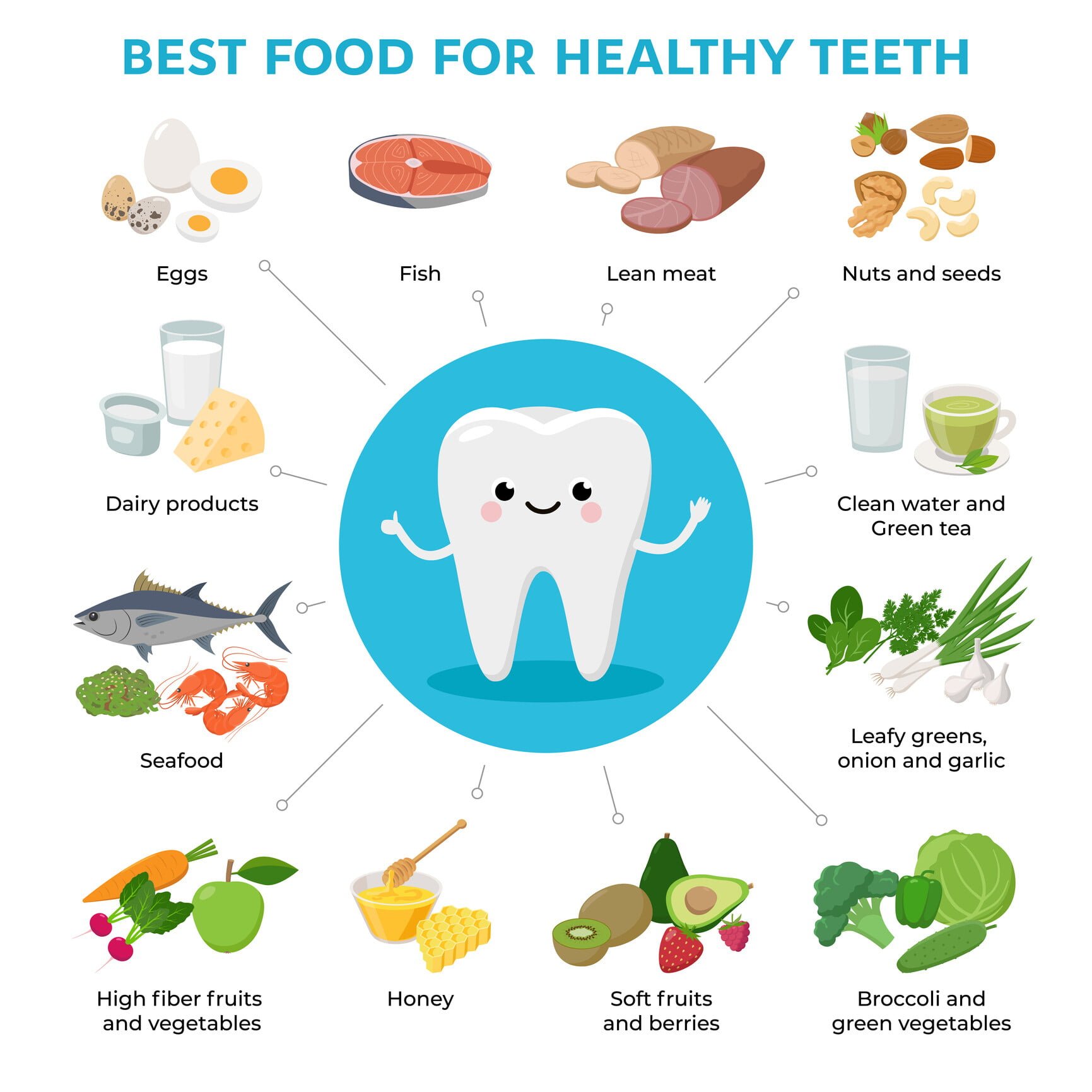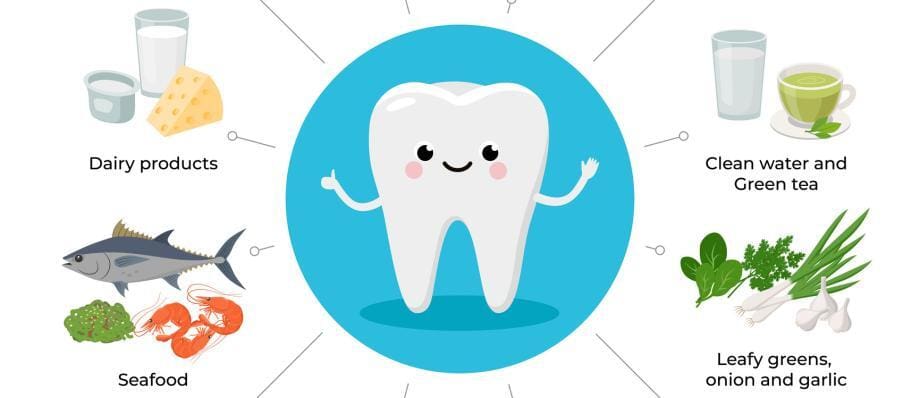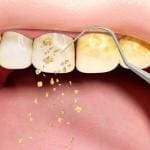Nutrition plays a crucial role in maintaining overall health, and it’s no surprise that it also significantly impacts oral health. The mouth serves as the gateway to our body and is exposed to various foods and beverages daily. What we consume has a direct influence on our teeth, gums, and overall oral well-being. This comprehensive article explores the interconnection between nutrition and oral health, highlighting the importance of a balanced diet, the impact of different nutrients, and practical tips to maintain a healthy smile.
The Link Between Nutrition and Oral Health
Oral health refers to the condition of the teeth, gums, and mouth, and it is influenced by various factors, including oral hygiene practices, genetics, lifestyle choices, and, of course, nutrition. What we eat and drink can have both positive and negative effects on our oral health.
The Importance of a Balanced Diet
A balanced diet is essential for overall health and well-being, including oral health. It should include a variety of nutrients such as vitamins, minerals, proteins, carbohydrates, and fats. Certain nutrients play a more specific role in promoting oral health.
The Role of Nutrients in Promoting Oral Health

Calcium
Calcium is a crucial mineral that contributes to the formation and maintenance of strong teeth and bones. Teeth are composed mainly of calcium, and the enamel that covers the teeth is the hardest substance in the body. Consuming foods rich in calcium, such as dairy products, leafy greens, and fortified plant-based milk, can help fortify tooth enamel and reduce the risk of cavities and tooth sensitivity.
Phosphorus
Working alongside calcium, phosphorus plays a key role in strengthening teeth and bones. These two minerals work in harmony to maintain oral health, and a deficiency in either can compromise dental health. Good sources of phosphorus include fish, meat, dairy products, nuts, and legumes.
Vitamin D
Often referred to as the “sunshine vitamin,” vitamin D is vital for the absorption of calcium. Without sufficient vitamin D, the body struggles to utilize the calcium from the diet effectively. Sun exposure and certain foods like fatty fish, egg yolks, and fortified foods can provide an adequate amount of vitamin D to support oral health.
Vitamin C
Vitamin C is an essential antioxidant that plays a crucial role in maintaining healthy gums. It helps prevent gum disease by supporting collagen production, a protein that forms the foundation for healthy gum tissues. Citrus fruits, strawberries, kiwis, and broccoli are excellent sources of vitamin C.
Vitamin A
Vitamin A is essential for maintaining healthy mucous membranes and promoting saliva production. Saliva is a natural defense mechanism that helps cleanse the mouth of harmful bacteria and debris. Foods rich in vitamin A include carrots, sweet potatoes, spinach, and liver.
Vitamin K
This vitamin is essential for blood clotting, which is crucial for the healing of oral wounds, especially after dental procedures or injuries. Dark leafy greens, broccoli, and Brussels sprouts are good sources of vitamin K.
Antioxidants
Antioxidants, including vitamin E and selenium, help protect oral tissues from oxidative damage caused by free radicals. These harmful molecules can lead to inflammation and cell damage, potentially affecting oral health. Nuts, seeds, vegetable oils, and whole grains are rich sources of antioxidants.
Fluoride
While not a nutrient, fluoride is worth mentioning due to its significance in oral health. Fluoride helps strengthen tooth enamel and makes teeth more resistant to acid attacks from bacteria. It can be found in fluoridated water, toothpaste, and some foods.
The Impact of Sugars and Acids on Oral Health
Excessive consumption of sugary foods and beverages can lead to an increased risk of dental caries. When we consume sugars, the bacteria in our mouth feed on them and produce acids as by-products. These acids attack the tooth enamel, causing it to weaken over time. Without proper oral hygiene practices to remove the plaque and bacteria, tooth decay can occur, leading to cavities.
Acidic foods and beverages can also erode tooth enamel directly. The acid in certain foods, like citrus fruits, vinegar, and carbonated beverages, can soften and wear down the enamel, making the teeth more susceptible to decay. Limiting the intake of sugary and acidic foods, especially between meals, can significantly reduce the risk of dental problems.
Practical Nutrition Tips for a Healthy Smile
- Moderation
- Proper Hydration
- Balanced Snacking
- Regular Oral Hygiene
- Regular Dental Checkups
- Avoid Tobacco and Alcohol
Moderation
It’s essential to enjoy sugary and acidic foods and beverages in moderation. Instead of completely eliminating these items, try to consume them during meals, as increased saliva production during mealtime can help neutralize acids and wash away food particles.
Proper Hydration
Drinking water throughout the day is essential for maintaining oral health. Water helps rinse the mouth and keep it hydrated, promoting saliva production. Drinking water after consuming sugary or acidic foods can also help dilute their effects on the teeth.
Balanced Snacking
Opt for tooth-friendly snacks that are low in sugar and acid. Fruits, vegetables, nuts, and cheese are excellent choices as they stimulate saliva flow and provide essential nutrients without contributing to tooth decay.
Regular Oral Hygiene
Brush your teeth at least twice a day, preferably after meals, using fluoride toothpaste. Floss daily to remove food particles and plaque from between the teeth. Regular brushing and flossing help prevent the buildup of harmful bacteria and reduce the risk of gum disease and cavities.
Regular Dental Checkups
Schedule regular dental checkups and cleanings with your dentist. Professional cleanings can remove plaque and tartar buildup, even in hard-to-reach areas, reducing the risk of gum disease and tooth decay. Dental visits also allow your dentist to detect any potential oral health issues early on.
Avoid Tobacco and Alcohol
Tobacco use and excessive alcohol consumption can have severe negative effects on oral health. They can increase the risk of gum disease, tooth loss, oral cancer, and other dental problems. Quitting these habits is crucial for maintaining optimal oral health.
Conclusion
Nutrition and oral health are closely interconnected, and a balanced diet rich in essential nutrients is essential for maintaining a healthy smile. By incorporating calcium, phosphorus, vitamins C and D, antioxidants, and other nutrients into their diet, individuals can support their teeth, gums, and overall oral well-being. Additionally, being mindful of the impact of sugars and acids on oral health and following practical tips for a healthy smile can significantly reduce the risk of dental issues. By prioritizing oral health through proper nutrition and care, individuals can enjoy a radiant smile and improve their overall quality of life. Remember, a healthy mouth is a gateway to a healthy body.





